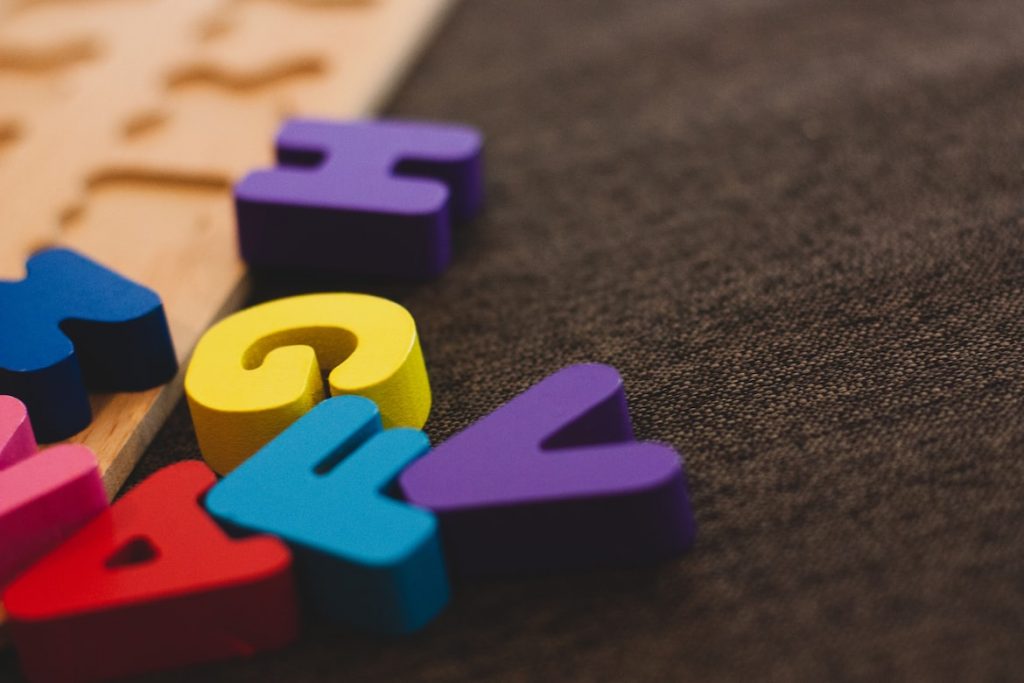☆ Enough We can use enough with a plural or uncountable noun.
● There aren’t enough chairs.
● Is there enough room for all of us?
We can use of for a part quantity.
● I’ve seen enough of this film.
☆Plenty of and too many/much – Plenty of means ‘enough’ or ‘more than enough’.
● There are plenty of jobs available.
● Don’t rush. We’ve got plenty of time.
For ‘more than enough’ as a bad thing, we use too many/much.
● You always take too many clothes on holiday. Why take so many?
● I put too much salt in the soup.
☆ Another and some more –
These express an extra quantity. We use another with a singular noun and some more with a plural or uncountable noun.
● Would you like another sausage?
● Have some more carrots.
● I’ll get some more orange juice. In some contexts →we use any.
● There isn’t any more orange juice.
Another can also mean ‘a different one’.
● I’m going to buy another computer to replace this one.
Before more we can also use a lot, lots, many, much, a few, a little, and a bit.
● I’ve got lots more jobs to do after this.
● Can’t you put a bit more effort into it?
☆Other – Other is an adjective meaning ‘different’ or ‘not the one just mentioned’.
● We crossed to the other side of the road.
● Sarah was there, but I didn’t know any of the other guests.
We can use other without a noun to refer to a thing or a person.
● Take one bag. Give me the other (one).
● One twin is taller than the other (one).
We can use others without a noun for more than one.
● Some pubs serve food, but others don’t.
● I’m early. The others will be here soon.
Number + other means an extra quantity.
● There are four other/four more rooms upstairs.

